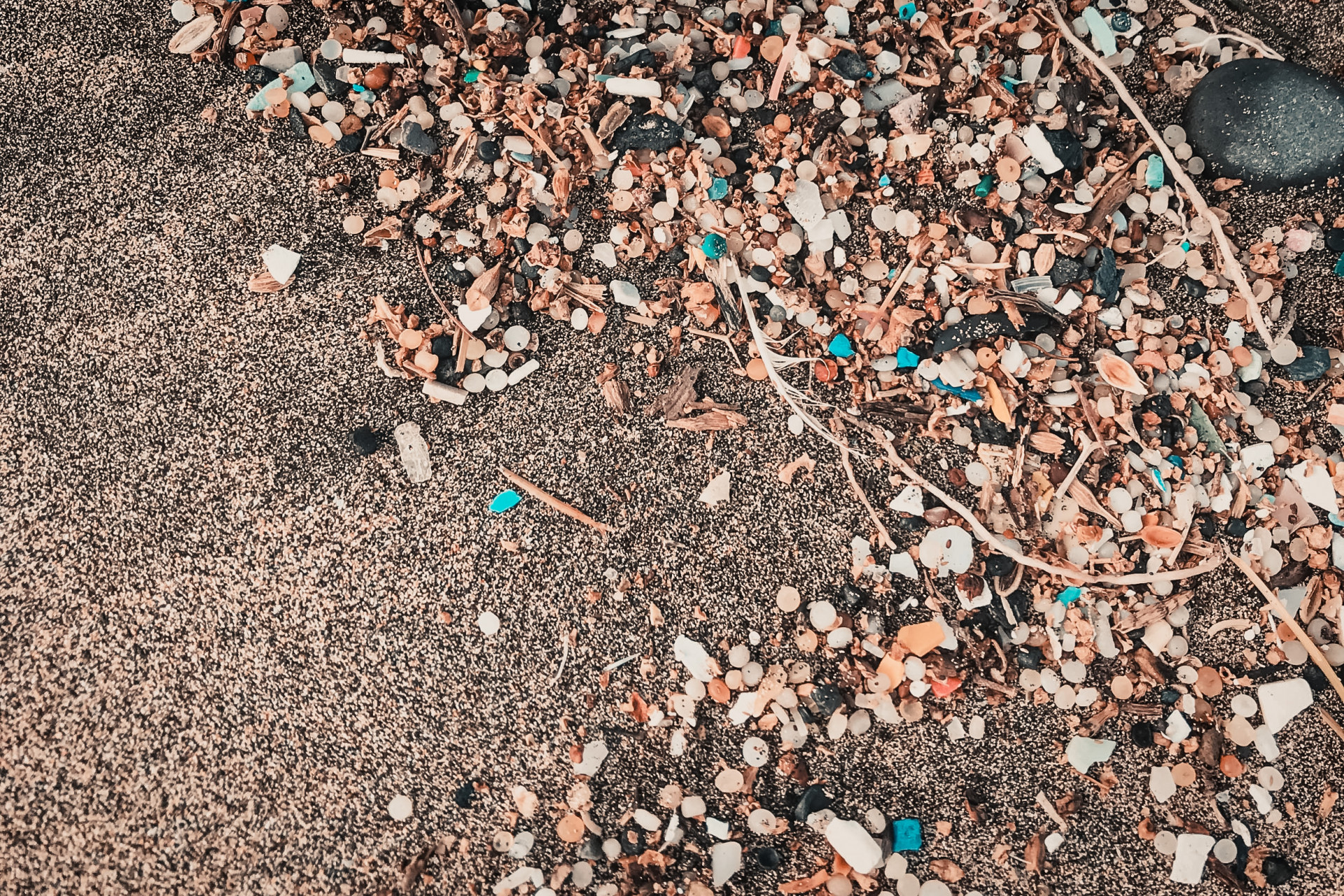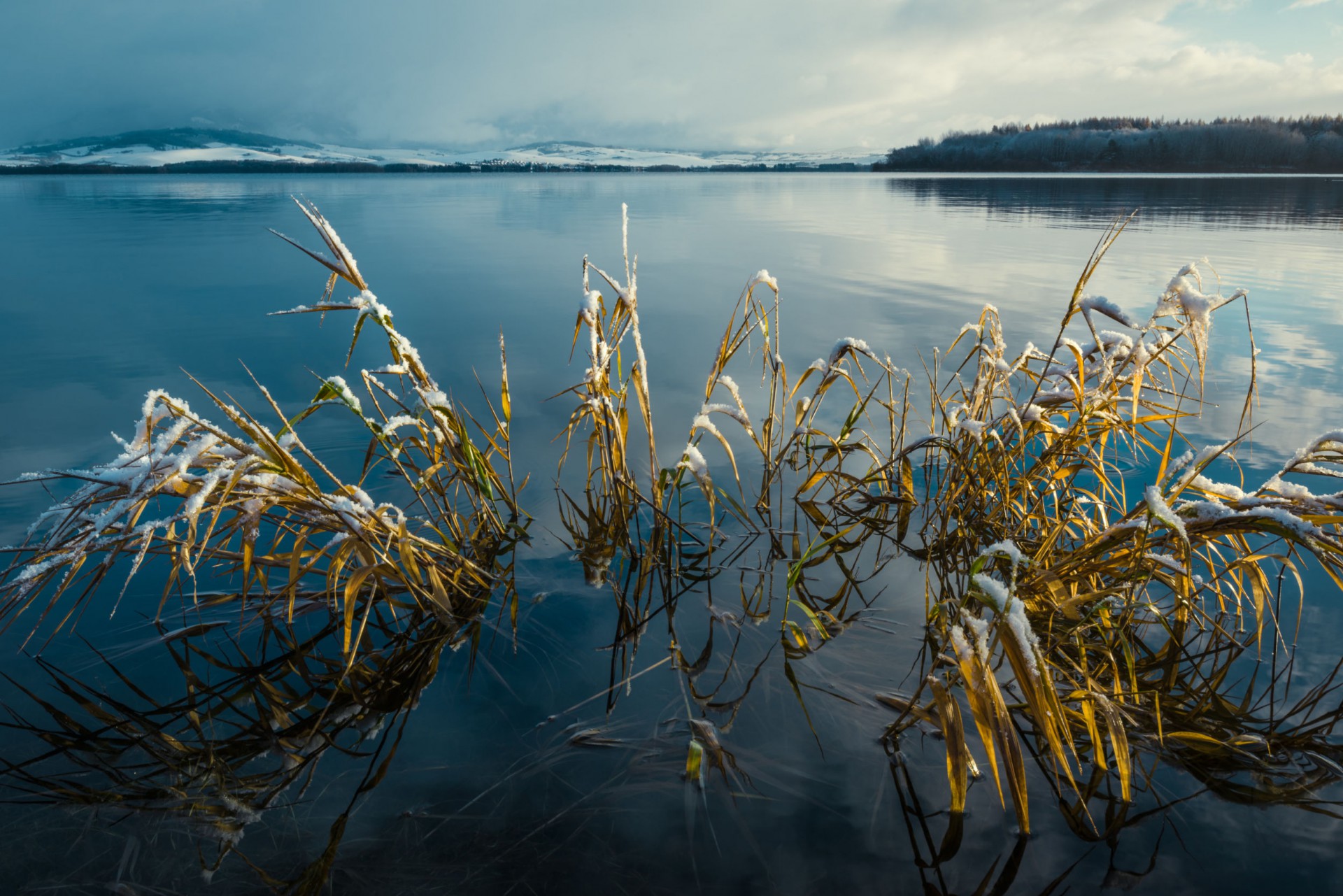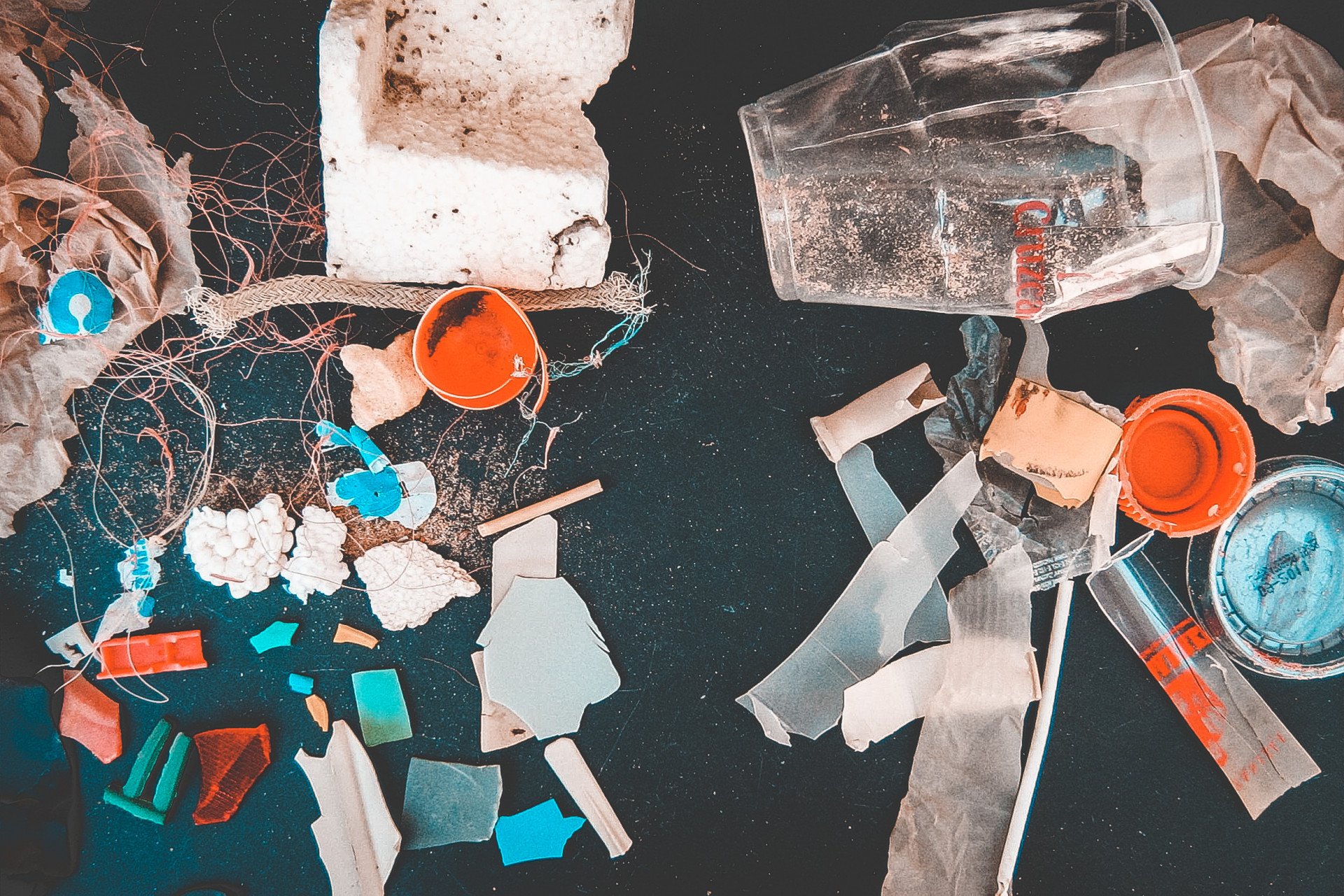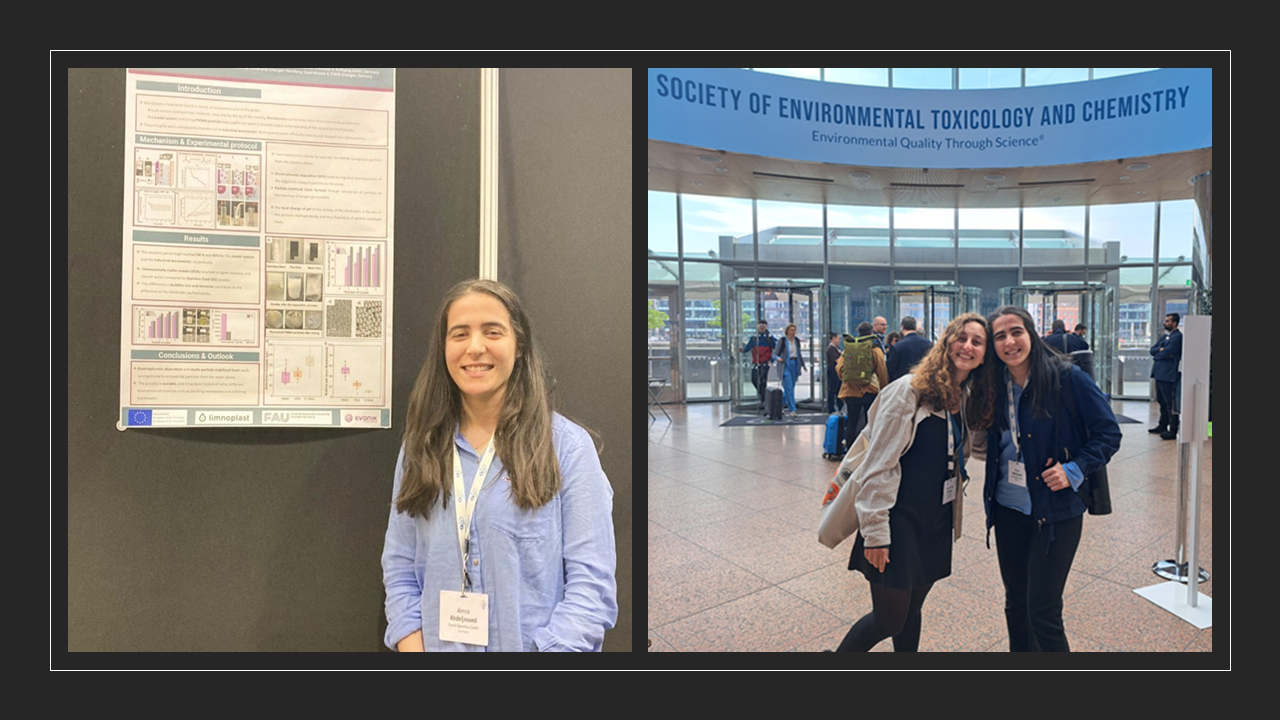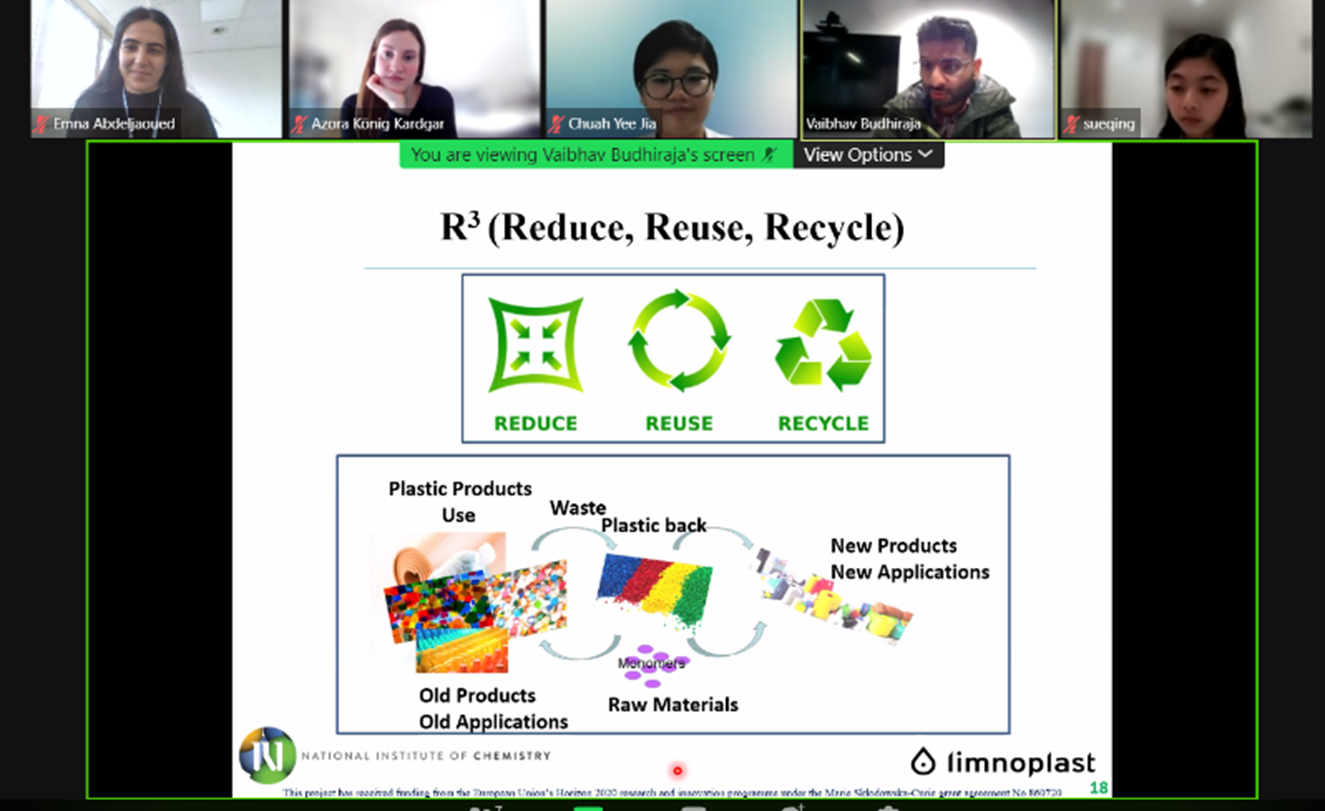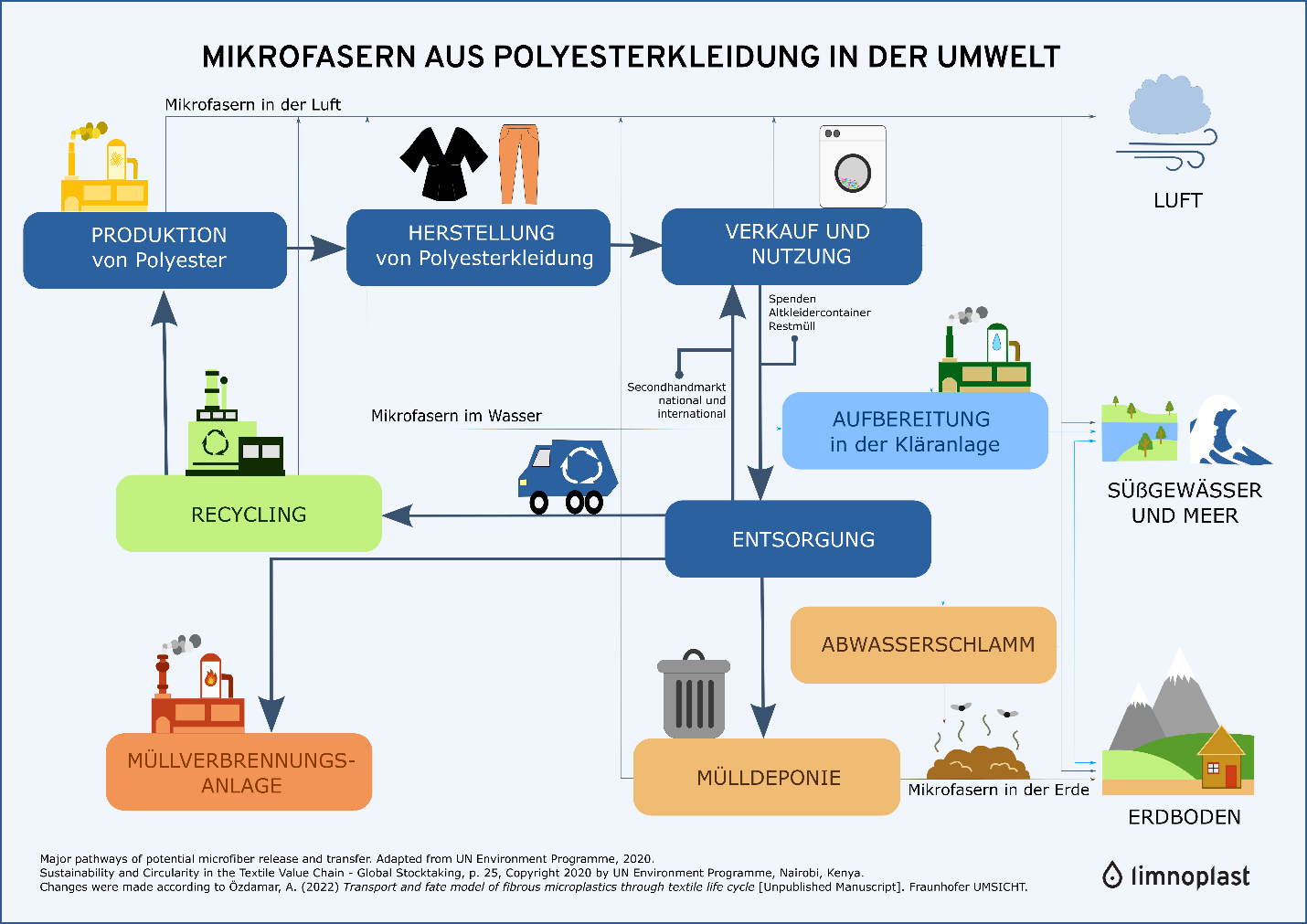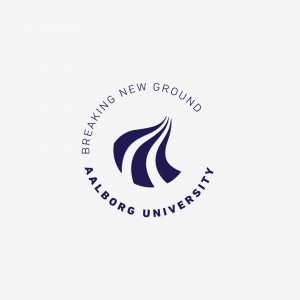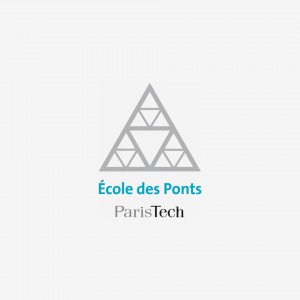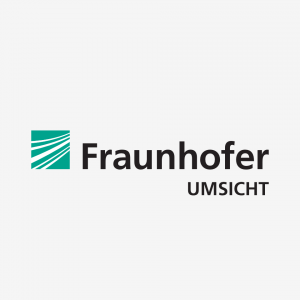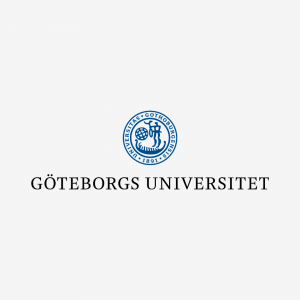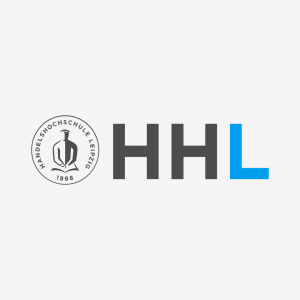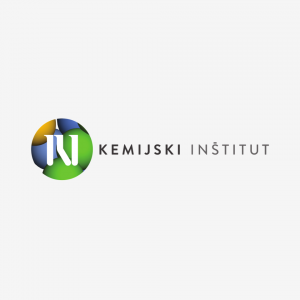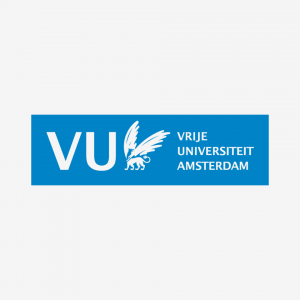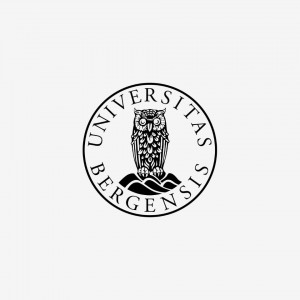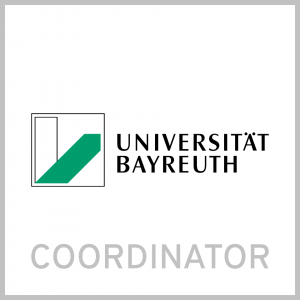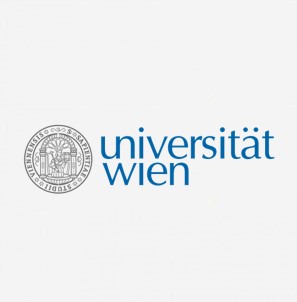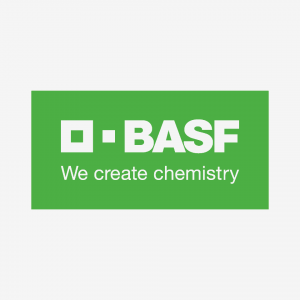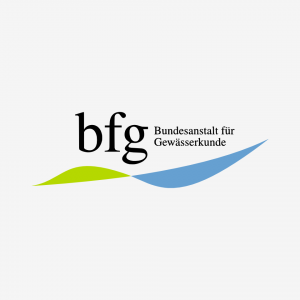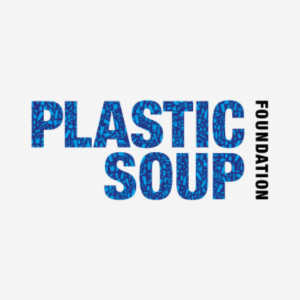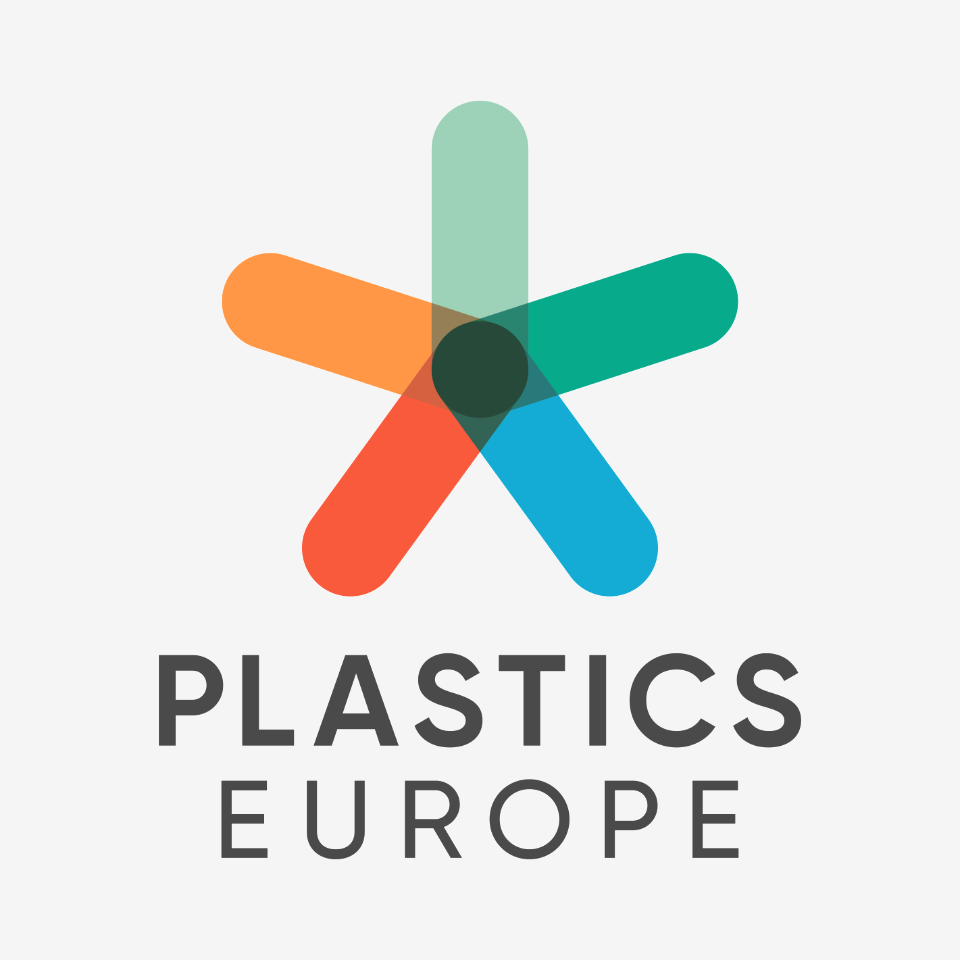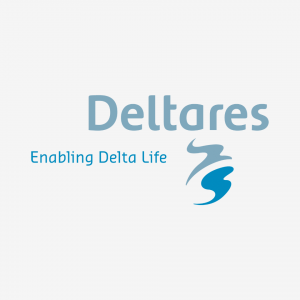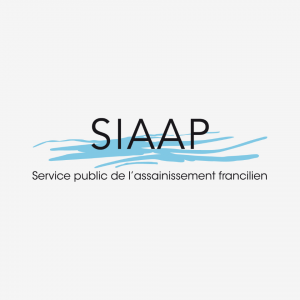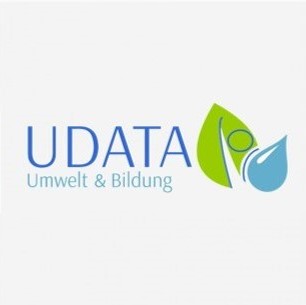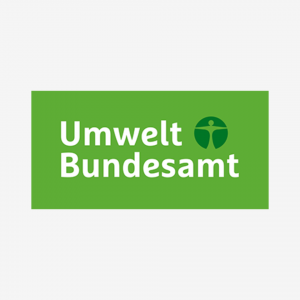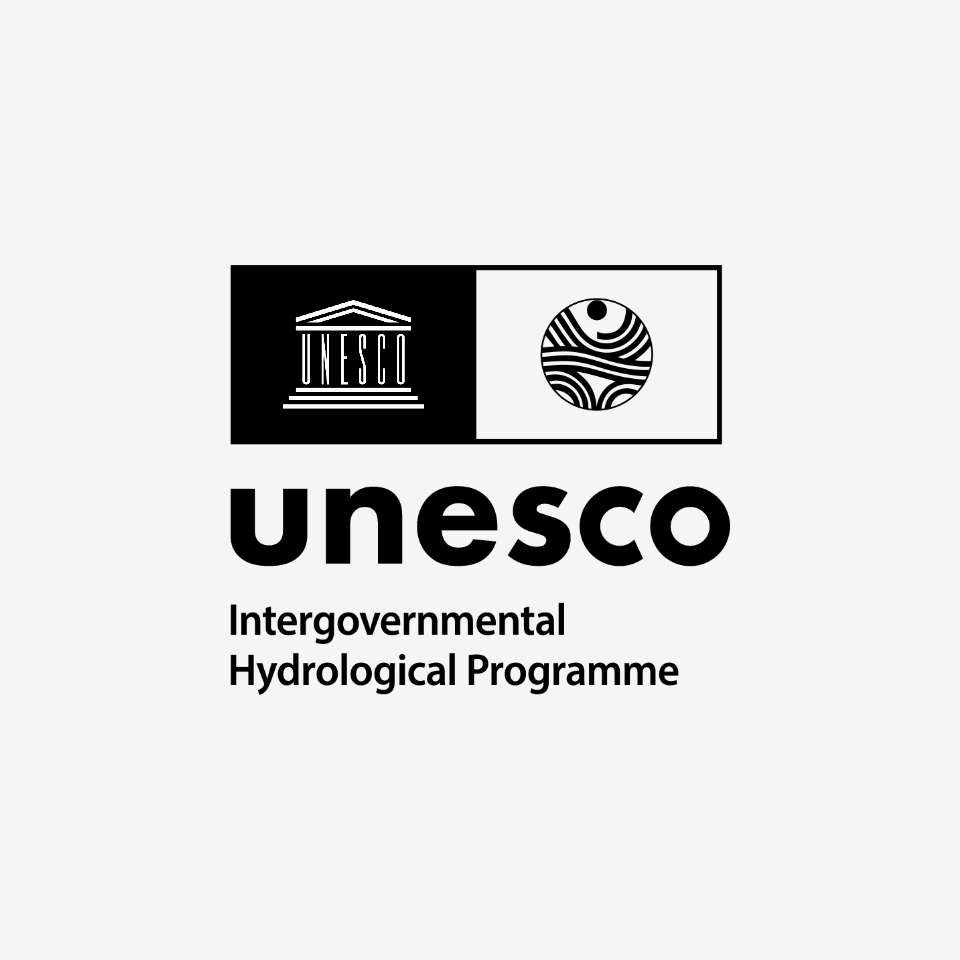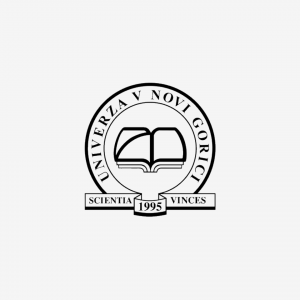01
What We Do
Microplastics In Europe’s Freshwater Ecosystems: from sources to solutions
Synthetic polymers have become an indispensable part in our daily life. Besides the indisputable benefits of plastic materials, major concerns arise about plastic leakage to the environment. Small plastic particles so-called microplastics (MP) have been detected ubiquitously in various ecosystems around the globe where they are bioavailable for a broad range of organisms may negatively affect ecosystems and consequently society and economy.
While there is political motivation to solve the MP issue most activities focus on marine environments. However, emerging research demonstrates that freshwater ecosystems are highly affected by MP pollution and are a major MP pathway to the oceans.
The LimnoPlast project addresses this issue by devoting its research and training program to MP in Europe’s freshwater ecosystems. LimnoPlast challenges traditional barriers between disciplines and sectors and combines environmental, technical and social sciences in order to tackle the MP problem from its sources to potential solutions in a holistic approach.
02
Our News & Events
Read Our News & Check Out Our Events
Online school lecture on plastic pollution
Workshop about Fashion and Microplastics for Schools
04
Our Numbers
Let’s talk figures
The Innovative Training Network (ITN) LimnoPlast is funded for four years to the tune of almost €4.1 million by the EU out of its “Horizon 2020” programme in the framework of the Marie Skłodowska Curie measures.
Since it’s official start at 1st of November 2019, 12 Beneficiaries (universities, research institutions and partners from industry) from eight European countries, are looking for 15 motivated PhD candidates to train in the context of microplastics in Europe’s freshwater. 13 Partner Organisations support LimnoPlast with additional expertise from different sectors.
LimnoPlast is coordinated by Prof. Dr. Christian Laforsch of the University of Bayreuth.

